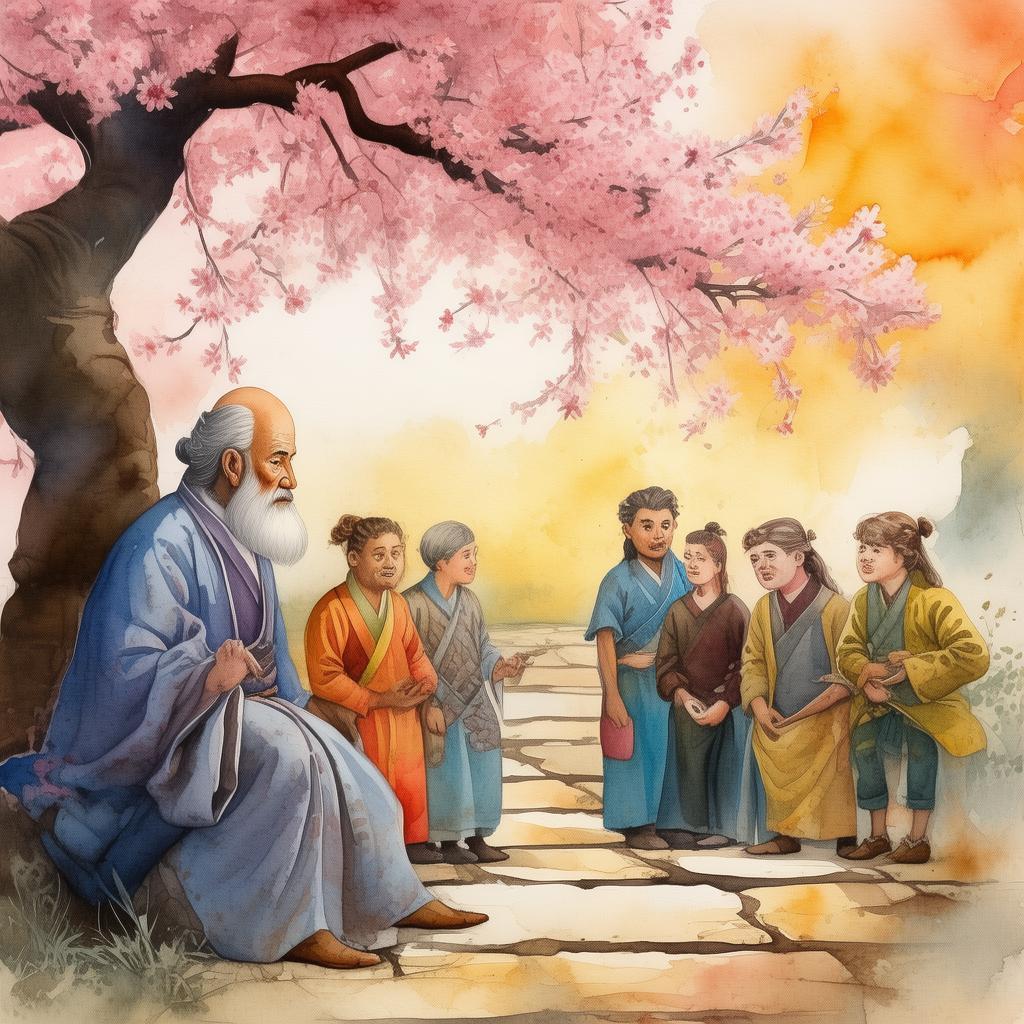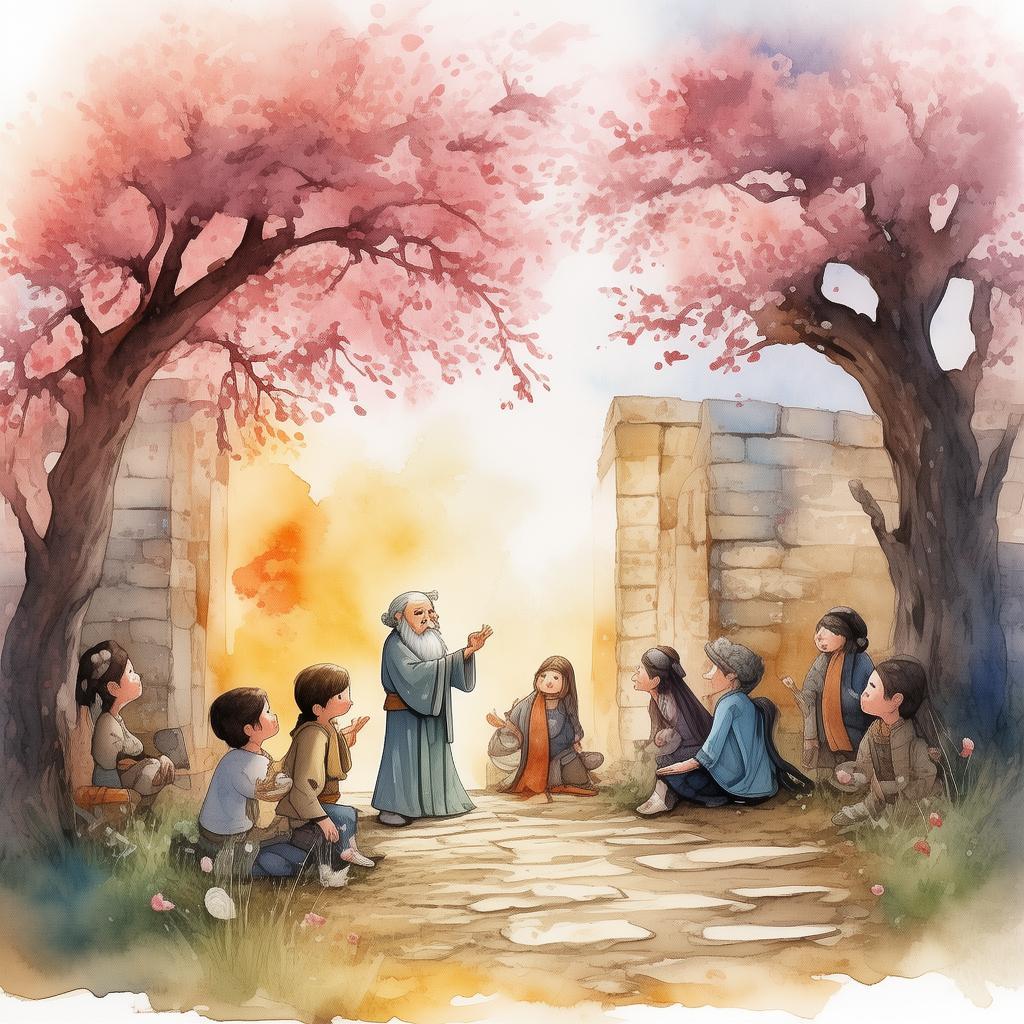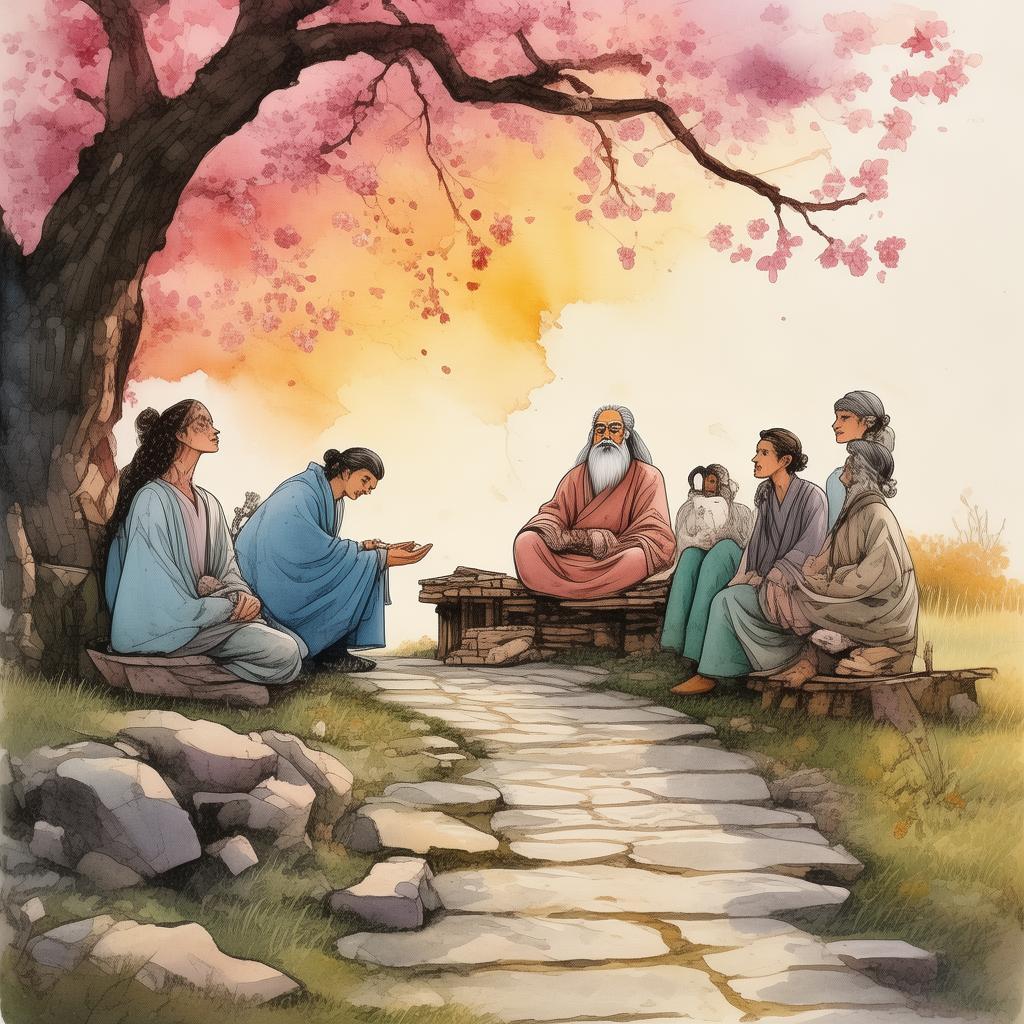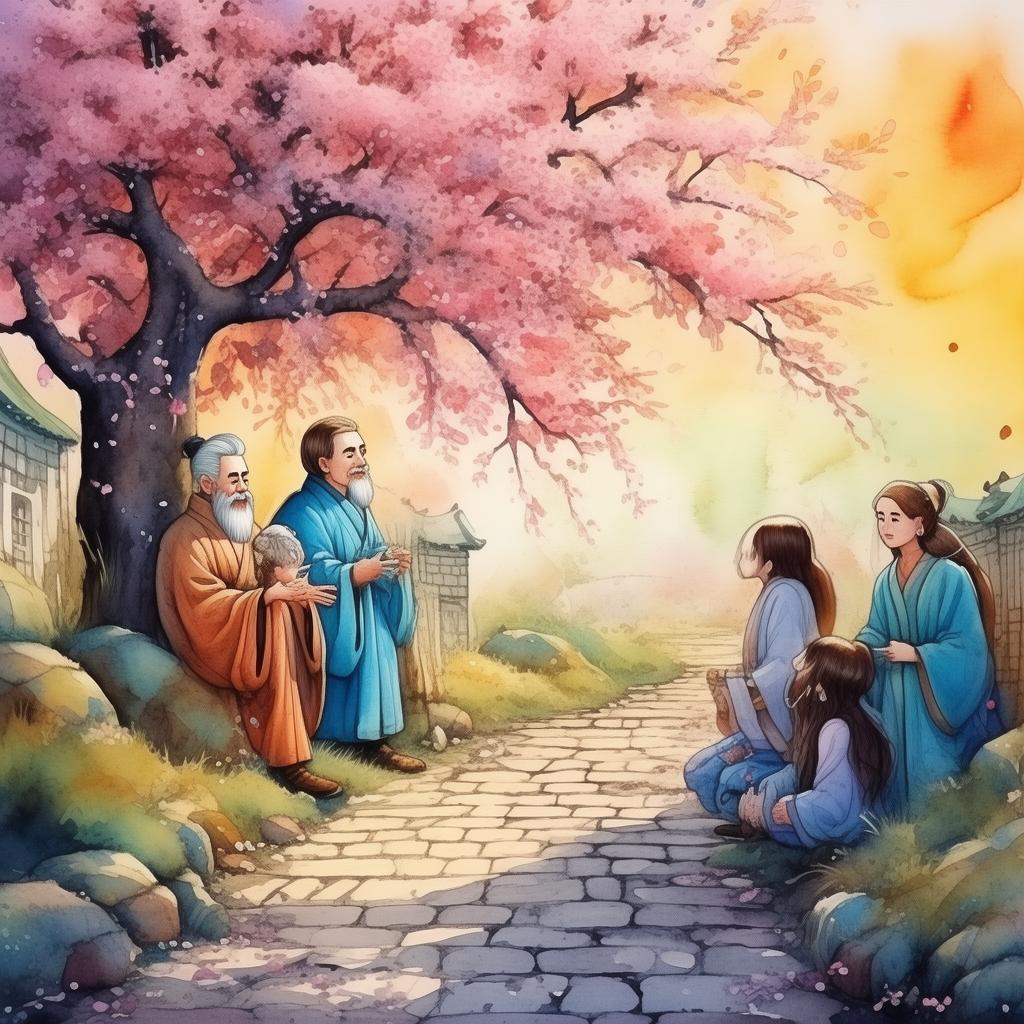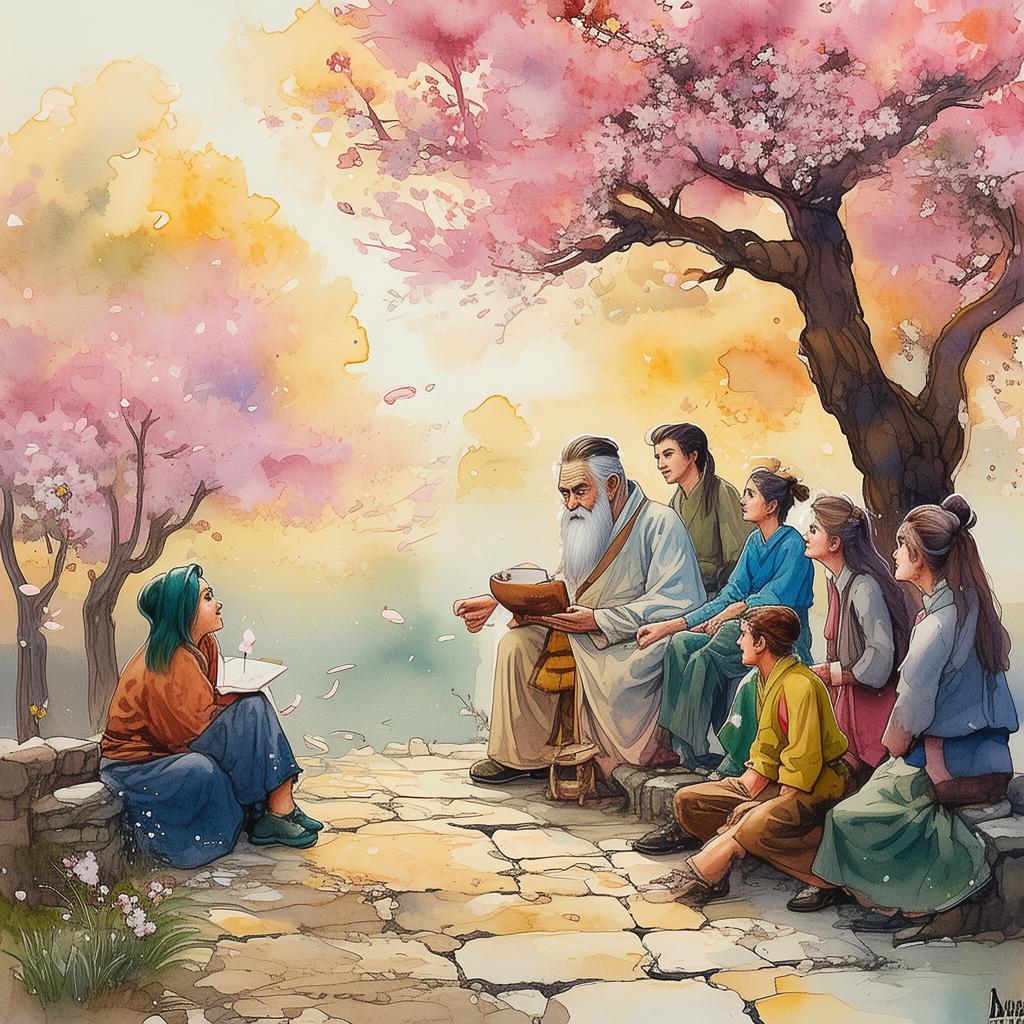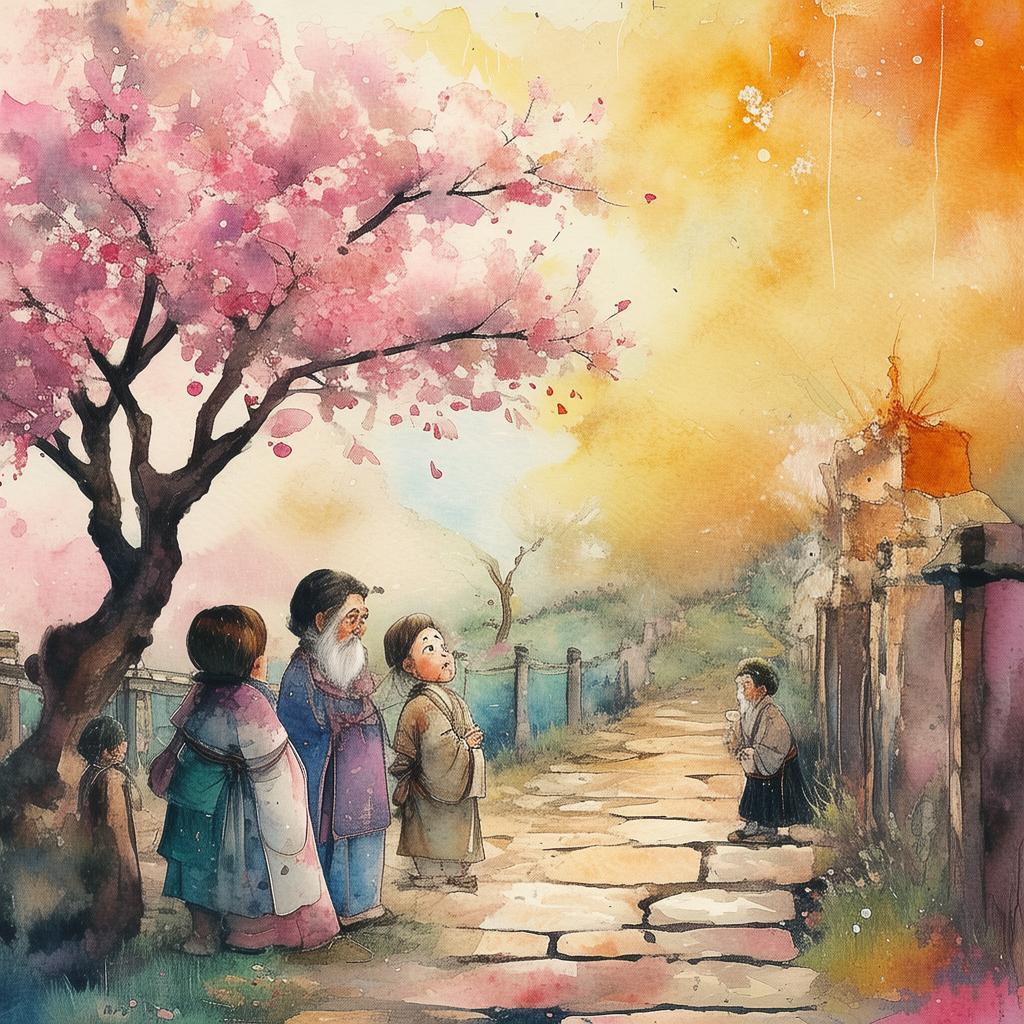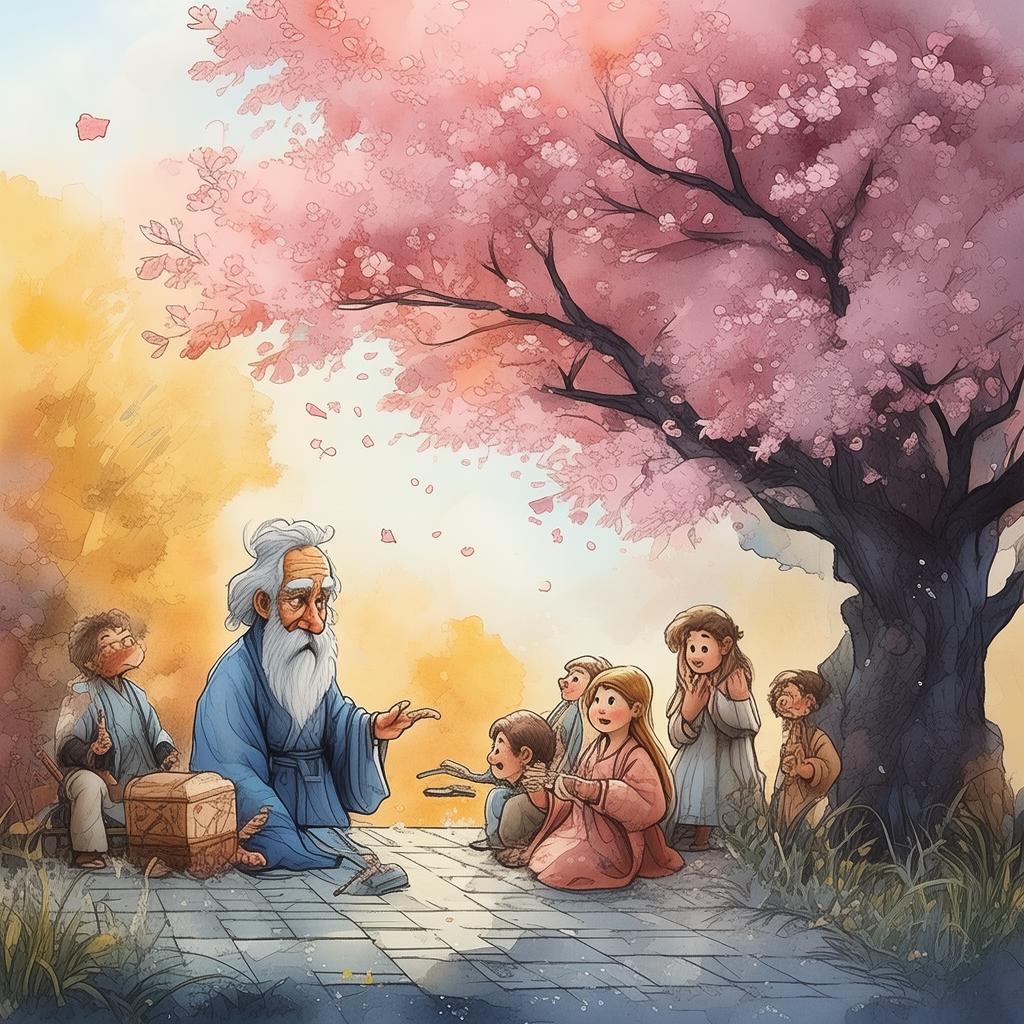Whispers of the Cybernetic Courthouse: The Trial of the Tongue Twister
In the heart of the sprawling metropolis of Neo-Lingua, the Cybernetic Courthouse stood as a testament to the marvels of technological advancement. It was here that the latest marvel of legal technology was put to the test: the Language Enforcement Act, a piece of legislation designed to regulate the use of language to prevent chaos and confusion in a world where artificial intelligence and human interaction were inextricably linked.
At the center of this legal maelstrom was a man known only as The Twister. His real name was forgotten, but his prowess with tongue twisters was legendary. The Twister had spent his life mastering the art of rapid-fire speech, weaving words into intricate patterns that could leave even the most seasoned linguists baffled. Now, he found himself facing the most formidable challenge of his career.
The case against The Twister was brought forth by the Linguistic Control Bureau, an organization tasked with ensuring that language did not become a weapon of mass confusion. They claimed that his tongue twisters could disrupt the delicate balance of communication, causing chaos in a world where every word was a piece of data, every sentence a transaction.
The trial was to be presided over by Judge Aria, a holographic figure with a penchant for precision and an unwavering commitment to the law. The courtroom was filled with the hum of machinery and the buzz of anticipation. The Twister, dressed in a simple suit, stood before the judge, his face calm and composed despite the gravity of the situation.

"Today, we are here to determine whether the use of tongue twisters constitutes a breach of the Language Enforcement Act," Judge Aria began, her voice clear and measured. "The prosecution claims that Mr. Twister's ability to manipulate language with such speed and complexity poses a threat to societal order. The defense maintains that his art is a celebration of language and should be protected as such."
The prosecution called their first witness, a linguistics expert named Dr. Elena Voss. "Your Honor," Dr. Voss began, "the evidence is clear. Tongue twisters, by their very nature, require listeners to process information at an accelerated rate. This can lead to miscommunication, confusion, and even panic in certain contexts."
The Twister's lawyer, Attorney Marcus Chen, stood up to respond. "Dr. Voss, while tongue twisters may seem challenging, they are a natural part of language. They have been used for centuries in storytelling, poetry, and even in religious ceremonies. To equate them with a threat to societal order is to ignore the rich history and cultural significance of this form of expression."
As the trial progressed, the courtroom became a stage for a verbal battle of wits. The Twister, with a twinkle in his eye, began to weave his words into a tapestry of sound that left the audience in awe. His tongue twisters were a symphony of vowels and consonants, a dance of the mouth that was both mesmerizing and confounding.
"Mr. Twister," Judge Aria said, her voice softening, "is there a reason why you have chosen to defend yourself in this case?"
The Twister paused, took a deep breath, and replied, "Judge, I have always believed that language is a gift, a tool that we use to express ourselves, to connect, and to understand one another. My tongue twisters are not a threat; they are a testament to the beauty and complexity of language."
The defense rested, and the courtroom fell silent as Judge Aria pondered her decision. After a moment, she spoke. "The Twister has presented a compelling case for the protection of his art. While tongue twisters can indeed be challenging, they do not, in and of themselves, pose a threat to societal order. The Language Enforcement Act was not intended to suppress creative expression but to maintain order. Therefore, I find that The Twister has not breached the act and is hereby acquitted."
The courtroom erupted in applause, and the Twister stepped forward to embrace his lawyer. "I always knew that language was on my side," he whispered.
As the trial concluded, the Twister returned to his life, his art now more celebrated than ever. The Cybernetic Courthouse had become a symbol of the enduring power of language, a reminder that even in a world dominated by technology, the human voice remains the most powerful tool we possess.
In the end, The Twister's acquittal was not just a victory for him but for all who believe in the beauty and power of language. His story would be whispered through the halls of the cybernetic courthouse, a testament to the enduring spirit of creativity and the unyielding power of words.
✨ Original Statement ✨
All articles published on this website (including but not limited to text, images, videos, and other content) are original or authorized for reposting and are protected by relevant laws. Without the explicit written permission of this website, no individual or organization may copy, modify, repost, or use the content for commercial purposes.
If you need to quote or cooperate, please contact this site for authorization. We reserve the right to pursue legal responsibility for any unauthorized use.
Hereby declared.

